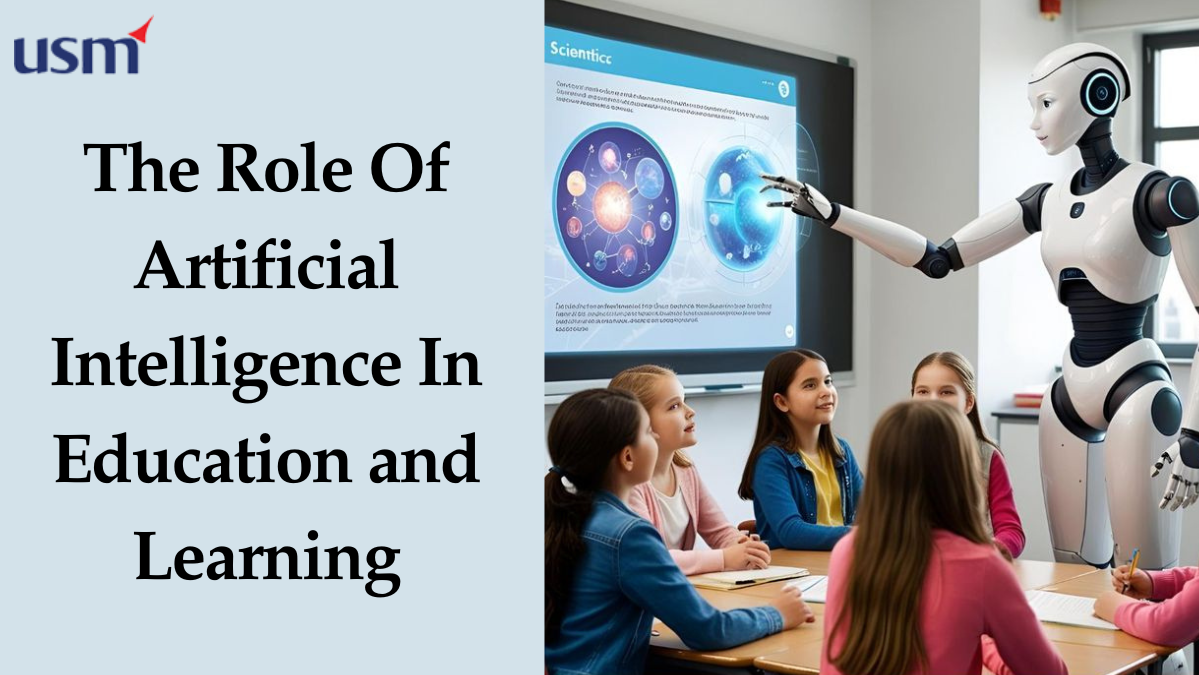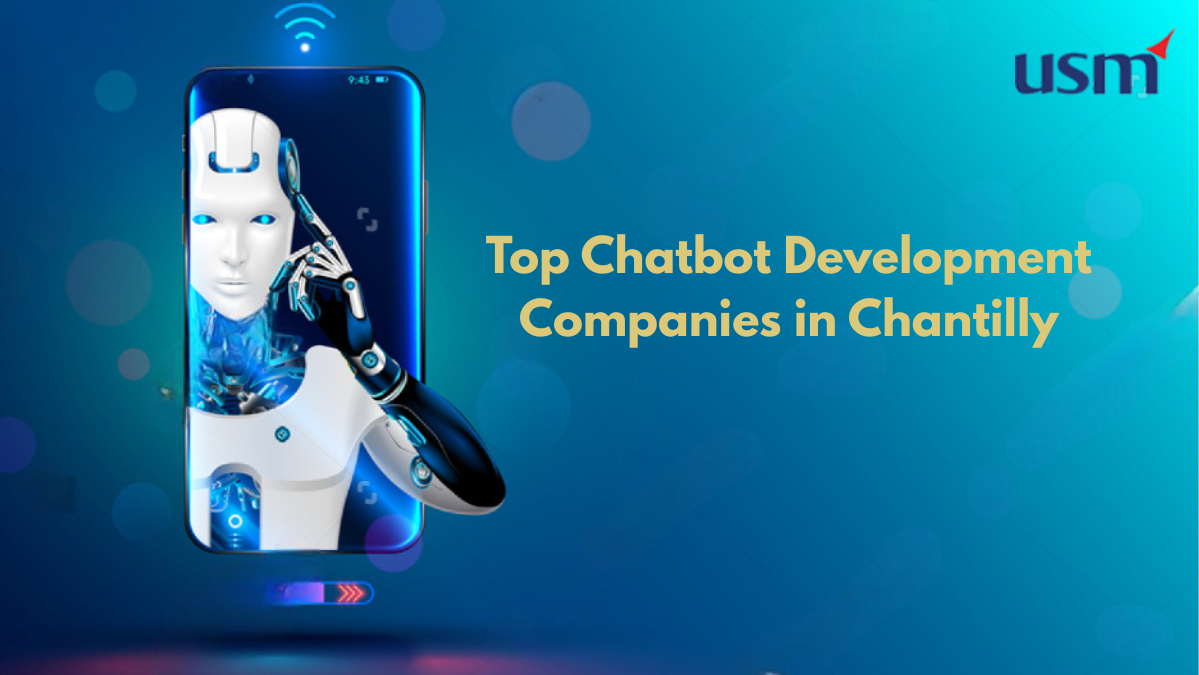The Role of Artificial Intelligence in Education and Learning

The integration of Artificial Intelligence (AI) in education is transforming the traditional learning environment into a dynamic, personalized, and highly efficient space for both students and educators. As technology evolves, AI is becoming an indispensable tool in reshaping how knowledge is delivered, consumed, and managed. From intelligent tutoring systems to automated grading, AI is paving the way for a smarter and more inclusive educational ecosystem.
What is AI in Education?
Artificial Intelligence in education refers to the application of advanced machine learning algorithms, natural language processing, and data analytics to improve educational outcomes. These technologies enable systems to analyze student behavior, predict learning patterns, and adapt teaching methods to suit individual needs.
Personalized Learning Experiences
One of the most significant contributions of AI in education is the ability to offer personalized learning experiences. Traditional classroom settings often struggle to cater to each student's unique pace and learning style. AI changes this by analyzing students' strengths, weaknesses, preferences, and progress in real time.
How it helps:
How it helps:
- Recommends custom lesson plans based on student performance
- Offers real-time feedback and adaptive assessments
- Identifies learning gaps and suggests supplementary materials
Platforms like DreamBox Learning and Content Technologies, Inc. are already using AI to tailor educational content, helping students learn more effectively and efficiently.
Intelligent Tutoring Systems (ITS)
AI-powered Intelligent Tutoring Systems provide one-on-one tutoring to students outside the classroom. These systems mimic the guidance of a human tutor by understanding the learner’s needs and responding accordingly.
Key Features:
- Immediate feedback
- Interactive question-and-answer sessions
- Step-by-step explanations for complex topics
ITS platforms like Carnegie Learning and Squirrel AI are transforming self-paced learning by offering targeted assistance without the need for constant teacher intervention.
Automating Administrative Tasks
Educators spend a significant portion of their time on non-teaching tasks such as grading, managing records, and planning lessons. AI can streamline these administrative burdens, allowing teachers to focus more on instruction and student engagement.
AI Capabilities in Administration:
- Automates grading for objective assessments like multiple-choice and fill-in-the-blank questions
- Assists in creating lesson plans and curriculum schedules
- Analyzes student data to generate performance reports
With tools like Gradescope, teachers can save hours of work and redirect their energy toward what really matters—student learning.
Enhancing Accessibility and Inclusivity
AI tools are making education more inclusive for students with disabilities and those who speak different languages. Technologies like text-to-speech, speech recognition, and language translation enable a broader spectrum of students to access and understand educational content.
Examples:
- Microsoft's Immersive Reader helps students with dyslexia and ADHD by improving reading comprehension
- Google’s Live Transcribe and AI-based captioning tools assist hearing-impaired students
- Real-time translation tools aid multilingual classrooms
These advancements ensure that no student is left behind due to language or learning challenges.
Predictive Analytics and Student Retention
AI algorithms are being used to analyze vast amounts of student data to identify those at risk of dropping out or underperforming. By detecting early warning signs—such as declining grades, irregular attendance, or lack of participation—schools can intervene proactively.
Benefits of Predictive Analytics:
- Personalized interventions to improve retention rates
- Timely counseling and academic support
- Better resource allocation based on student needs
This data-driven approach enables institutions to foster a more supportive learning environment.
Gamification and Engagement
AI also enhances student engagement through gamification, turning lessons into interactive and enjoyable experiences. AI can adjust game difficulty levels based on real-time feedback, ensuring that students remain challenged but not overwhelmed.
Gamified AI Features:
- Adaptive quizzes and challenges
- Learning-based video games
- Reward systems to motivate students
This approach not only boosts motivation but also helps in knowledge retention by making learning fun.
Virtual Classrooms and Remote Learning
The COVID-19 pandemic accelerated the adoption of virtual learning platforms, many of which now integrate AI features for a more robust experience. AI-enabled virtual classrooms can track student participation, provide automated notes, and facilitate personalized interactions.
Remote Learning Enhancements:
- AI proctoring tools for exam security
- Real-time doubt resolution via AI chatbots
- Smart scheduling and calendar management
Platforms like Coursera and Udemy use AI to recommend courses based on a learner’s interests and past behavior, enhancing their educational journey.
Challenges and Ethical Considerations
While the benefits of AI in education are substantial, there are also concerns that must be addressed:
- Data Privacy: AI systems collect vast amounts of student data. Ensuring that this information is secure and ethically used is paramount.
- Bias in Algorithms: AI models must be trained on diverse datasets to prevent discriminatory outcomes.
- Over-reliance on Technology: Teachers must strike a balance between leveraging AI and maintaining human interaction in learning.
Education systems must implement robust ethical guidelines and regulations to ensure responsible AI integration.
The Future of AI in Education
As AI continues to evolve, its potential to revolutionize education is limitless. Future developments may include:
- AI mentors that provide lifelong learning support
- Virtual reality classrooms powered by AI for immersive experiences
- Emotion AI that detects student engagement through facial expressions and voice tone
The goal is to create a learning environment that is adaptive, inclusive, and future-ready.
Conclusion
Artificial Intelligence is not here to replace educators but to empower them. By taking over repetitive tasks, providing deep insights, and personalizing the learning journey, AI enhances the overall educational experience for both students and teachers. Partnering with a trusted AI development company can help institutions implement innovative AI solutions tailored to their needs. As we move forward, embracing AI responsibly and ethically will be key to unlocking its full potential in shaping the future of education.
Note: IndiBlogHub features both user-submitted and editorial content. We do not verify third-party contributions. Read our Disclaimer and Privacy Policyfor details.







